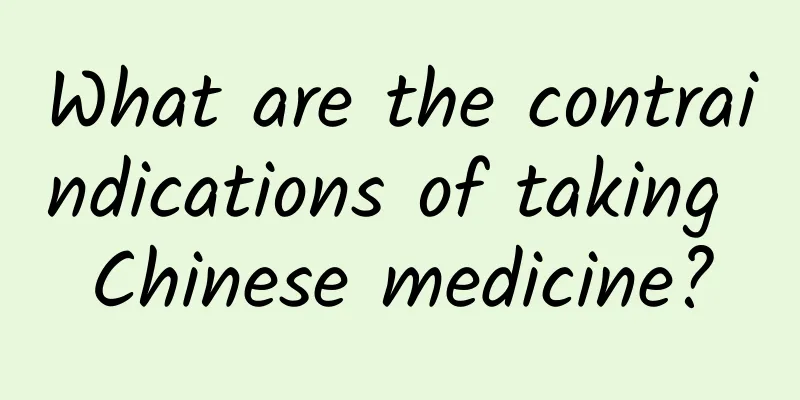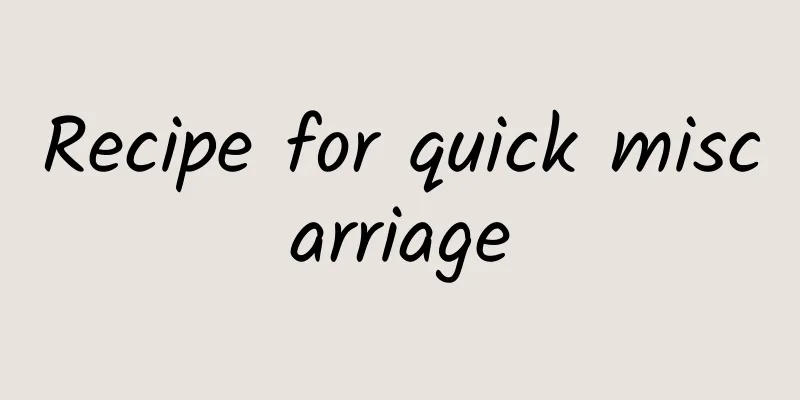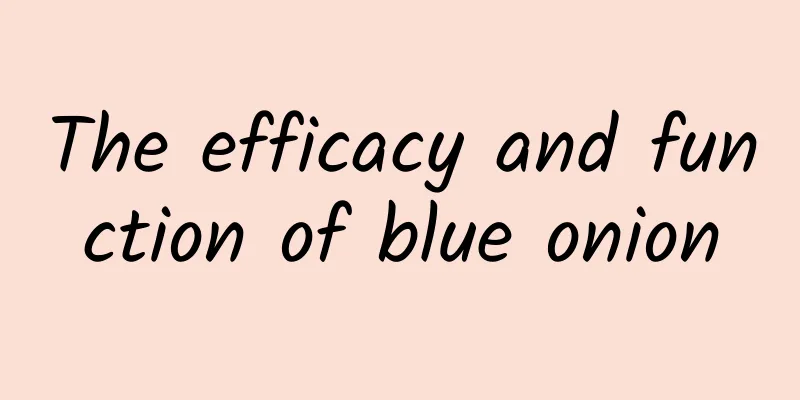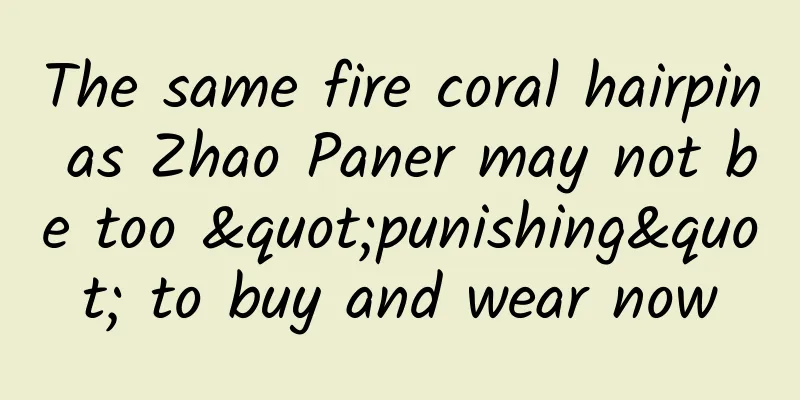What are the contraindications of taking Chinese medicine?

|
As people in modern society are becoming more and more aware of Chinese medicine, many friends will think of using Chinese medicine for conditioning when they are sick, because although Chinese medicine has a slow effect, it can treat the symptoms and the root cause very well, which can also inhibit the recurrence of the disease. However, we should also pay attention to some contraindications of Chinese medicine. So what are the contraindications of taking Chinese medicine? In the next time, please join me in the following discussion. Avoid spicy and hot foods. Spicy foods are mostly warm in nature and can consume energy and cause fire. If you are taking Chinese medicine for clearing away heat and eliminating toxins, nourishing yin and increasing fluid, cooling blood and nourishing yin, or during the treatment of febrile diseases such as carbuncles, ulcers and toxins, you should avoid spicy food. For example, spicy and hot foods such as onions, garlic, pepper, mutton, and dog meat, if consumed, will offset the effects of traditional Chinese medicine. Some may even induce inflammation, damage the yin and cause bleeding. Avoid greasy foods. Greasy foods are sticky, promote dampness and phlegm, cause loose bowels and gas, and are difficult to digest and absorb. Moreover, mixing greasy foods with medicines can hinder the gastrointestinal absorption of the medicine's active ingredients, thereby reducing its efficacy. If you eat greasy food while taking Chinese medicine, it will inevitably affect the absorption of the medicine. Therefore, patients with heavy phlegm and dampness, weak spleen and stomach, indigestion, hypertension, coronary heart disease, hyperlipidemia, high blood viscosity and obesity must avoid eating greasy foods such as animal fats. Avoid fishy smell. Generally, Chinese medicines have aromatic smells, especially aromatic dehumidifying and aromatic qi-regulating medicines, which contain a large amount of volatile oils to exert their therapeutic effects. These aromatic substances are the most incompatible with fishy smells. If you do not avoid fishy smell when taking Chinese medicine, it will often affect the efficacy of the medicine. Such as the fishy smell of fish, shrimp, and seafood, and the mutton smell of cattle and mutton. Patients with allergic dermatitis such as allergic asthma, allergic rhinitis, boils, eczema, urticaria, etc. must avoid eating fishy foods while taking Chinese medicine. They should also eat less fishy, spicy and irritating foods such as chicken, lamb, pork head, crab, and goose meat. Because these foods contain foreign proteins, some patients are particularly sensitive and prone to allergies, which aggravates their condition. I believe that with the above discussion, most of the friends have already remembered some of the taboos of taking Chinese medicine, so that they can avoid more troubles in the process of taking Chinese medicine in daily life. Of course, I want to tell you that although many friends have clearly understood the benefits of Chinese medicine to the human body, some friends choose to give up halfway because the effect of Chinese medicine is relatively long and the taste is relatively bitter. In fact, this is an unwise decision. |
<<: What are the taboos of boiling Chinese medicine?
>>: What are the taboos of consuming Panax notoginseng powder?
Recommend
Sneezing can cause lumbar fracture! Don’t just drink milk to supplement calcium, there are 7 kinds of vegetables with higher calcium content than milk!
Recently, Ms. Ding, who is over 70 years old, fro...
The efficacy and function of Jerusalem artichoke
Jerusalem artichoke has a long history, and up to...
The efficacy and function of fir fruit
Do you know about fir fruit? It is a common medic...
New AI image processing method! Tsinghua team proposes a method for generating “high-resolution” images
In the hot field of "AI image generation&quo...
The efficacy and function of Ardisia variegata
I wonder if you have ever heard of the variegated...
Functions and effects of Alisma orientalis
In the treatment of diseases, the choice of medic...
The efficacy and function of Polygonatum sibiricum and its edible method
Medicine is commonly used to treat diseases. The ...
A 3D world can be generated with just a picture. Is the era of spatial intelligence coming?
Any photo can generate a 3D world that you can wa...
Is this kind of water good for your health? Is “high-end water” really high-end?
As the saying goes, water is the source of life. ...
What are the differences between bloodwood and rosewood?
Playing with toys is a way for modern people to e...
Have you ever seen a 3.6-pound "big orange" fur ball?
The tiger in the picture below is called Ty, let’...
Why do rockets need to take a ship to the launch site? What kind of ships do rockets from different countries take?
Why do rockets need to be transported by ship? Wh...
The efficacy and function of Schisandra chinensis
The Chinese herbal medicine green leaf Schisandra...
The efficacy and function of Aowawei
Avowa is a common Chinese medicine. It can be use...
Anyone with a driver’s license can drive a 99A tank, so how is driving a helicopter any different?
When a helicopter flies low overhead, many people...









